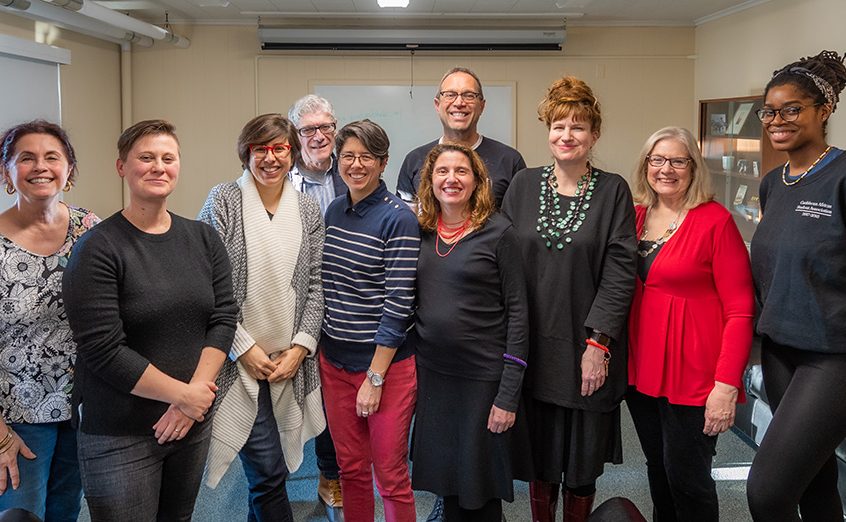Language, Literature, and Culture
Multiple Names and Time Superposition: No Anxiety in the Electronic Poetics of Yolanda Arroyo and Diego Trelles
Document Type
Book Chapter
Abstract
In his migrated and almost dead blog, Chilean writer Alberto Fuguet announced the end of the format as a tool for writing and sharing personal thoughts. Ironically, he publishes this statement as a blog post entitled “¿ El fin de los blogs? El fin, al menos de é ste” (Is This the End of Blogs? It is the End, at Least of This One) (“Apuntes”). Such a post is supposed to be the closing-on-a-high-note gesture for a blog that started in 2005. By closing this door, Fuguet opens a new window through which he argues that blogs are dying due to the obsolescence of the format—based on plain writing—and to the impossibility of keeping up with the rapid development of newer and faster technologies (e.g., Twitter, Facebook, Instagram). In his opinion, we are still in a moment of “Images at War” (Gruzinski) where the interest of communicating through images becomes overwhelming in comparison with the strategies of transmission and communication employed by the well-known writing tradition. 1 However, the end of one cycle marks a new beginning that, in Fuguet’s case, is not as new as it could be: he decides to quit writing literary blogs and become a kind of independent film producer through a website committed to show, promote, distribute, and allow collaboration between independent filmmakers and the film-making community.
Part of the Literatures of the Americas book series (LOA)
Publication Title
New Trends in Contemporary Latin American Narrative: Post-National Literatures and the Canon
Publication Date
1-1-2014
First Page
191
Last Page
215
ISSN
2634-601X
ISBN
9781137444707
DOI
10.1057/9781137444714_10
Keywords
Blade Runner, digital technology, digital tool, linguistic turn, short story
Repository Citation
Arriaga-Arango, Eduard, "Multiple Names and Time Superposition: No Anxiety in the Electronic Poetics of Yolanda Arroyo and Diego Trelles" (2014). Language, Literature, and Culture. 5.
https://commons.clarku.edu/llc/5



